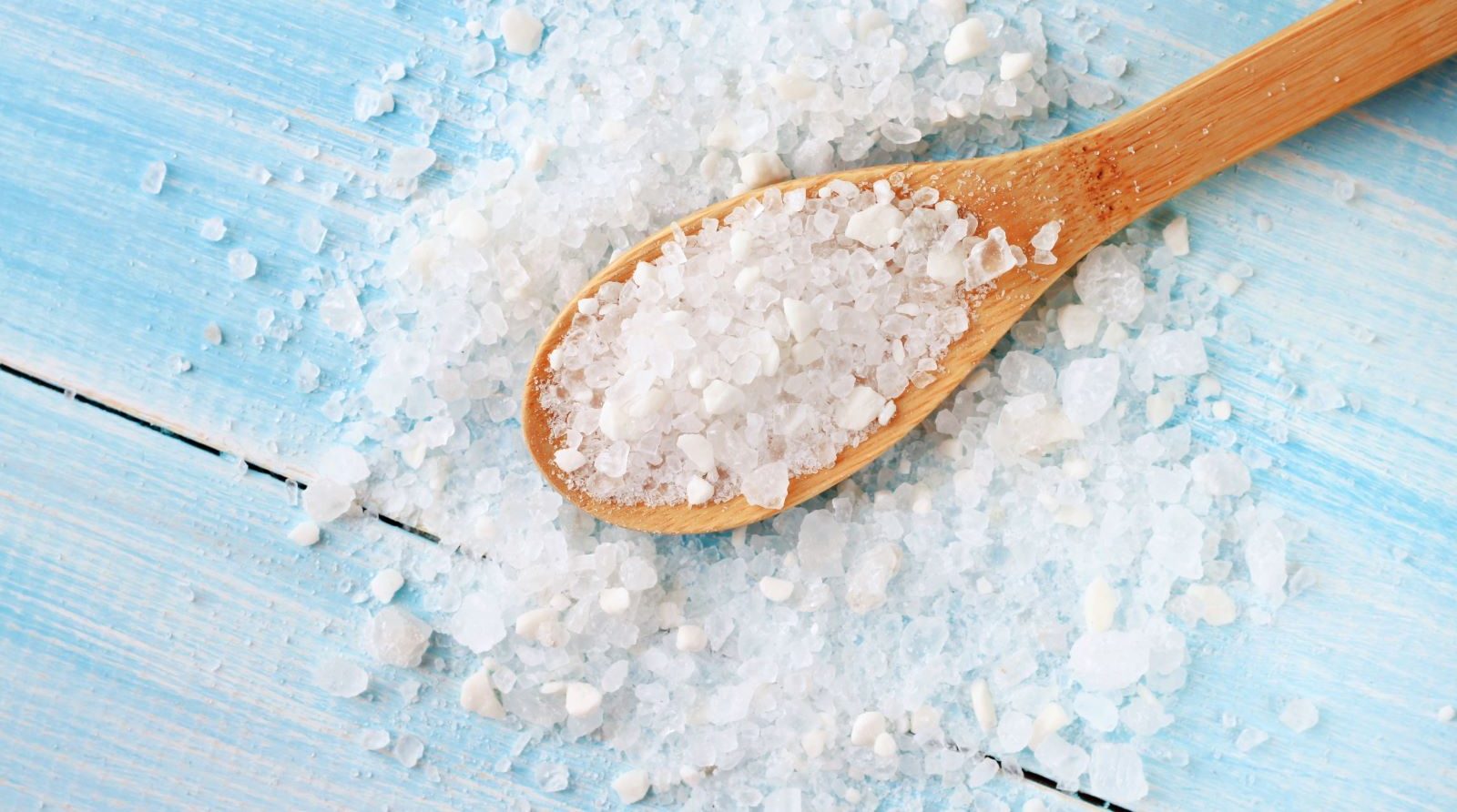If you find yourself saying ‘Pass me the salt’ at the dinner table, it might be time to rethink. Not only will limiting your salt intake lower your risk of hypertension, it will also reduce your risk of developing cardiovascular disease further down the road.
Wondering how? Stick around.
Vatche Zohrabian, DO, an internist with Hartford HealthCare Medical Group in Milford, explains.
Hypertension defined
Hypertension, commonly known as high blood pressure, is a condition in which our blood vessels have consistently raised pressure. The American Heart Association (AHA) defines it as any blood pressure that reads greater than 130/80 mmHg.
Untreated hypertension can increase our risk of stroke, heart disease, kidney disease and other serious health conditions.
Why salt causes hypertension
“There is a direct link between consuming excessive amounts of salt and the development of hypertension,” says Dr. Zohrabian.
When we eat too much salt – composed primarily of sodium chloride – our bodies retain fluid, which adds pressure to the walls of our blood vessels. The added pressure then changes the structure of our arteries, making them stiffer. This stiffness, or resistance, is vital in the development of hypertension.
“Limiting your salt intake will release the added pressure on your blood vessel walls, which will ultimately lower your blood pressure,” explains Dr. Zohrabian.
> Want more health news? Text StartHere to 85209 to sign up for text alerts
This diet could lower your blood pressure
Not sure how to go about removing the extra salt from your diet? Dr. Zohrabian suggests trying the DASH diet, which can lower your blood pressure by an average of 11 mmHg.
Focusing primarily on fruits, vegetables and low-fat dairy products, the DASH diet limits your daily sodium intake to 2,300 mg as opposed to the Standard American Diet, which has an average daily sodium intake of 3,400 mg.
> Related: What Is the Best Diet for Diabetes?
Get in the habit of checking labels
“Avoid adding extra salt when cooking and be conscientious while grocery shopping – check labels for sodium content and try your best to limit your daily sodium intake to 2,000 mg,” advises Dr. Zohrabian.
Some foods that are generally high in salt include:
- Smoked and processed meats
- Condiments such as ketchup and sodium
- Pickles
- Pizza
- Pretzels and potato chips
- Soup
- Processed cheese
When to see your doctor
Dr. Zohrabian recommends reaching out to your doctor as soon as possible if you have persistently high blood pressure readings, or if you experience symptoms consistent with high blood pressure such as:
- Unexplained headaches
- Nosebleeds
- Vomiting
- Changes in your vision
- Dizziness
- Shortness of breath
Are you starting to reconsider that extra shake of salt on your dinner? We thought so.



